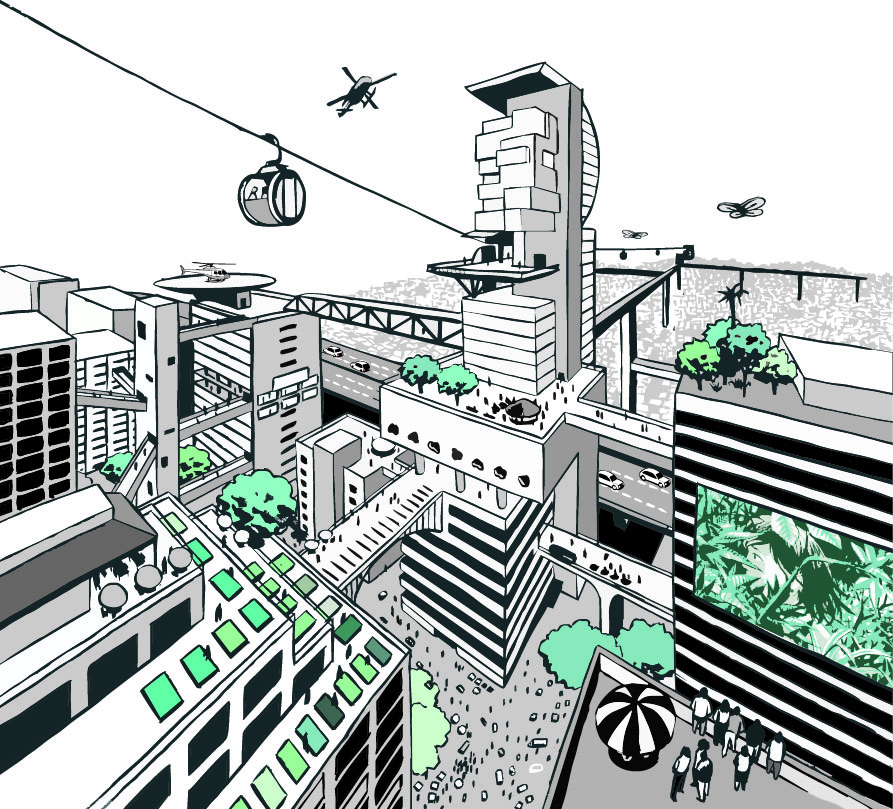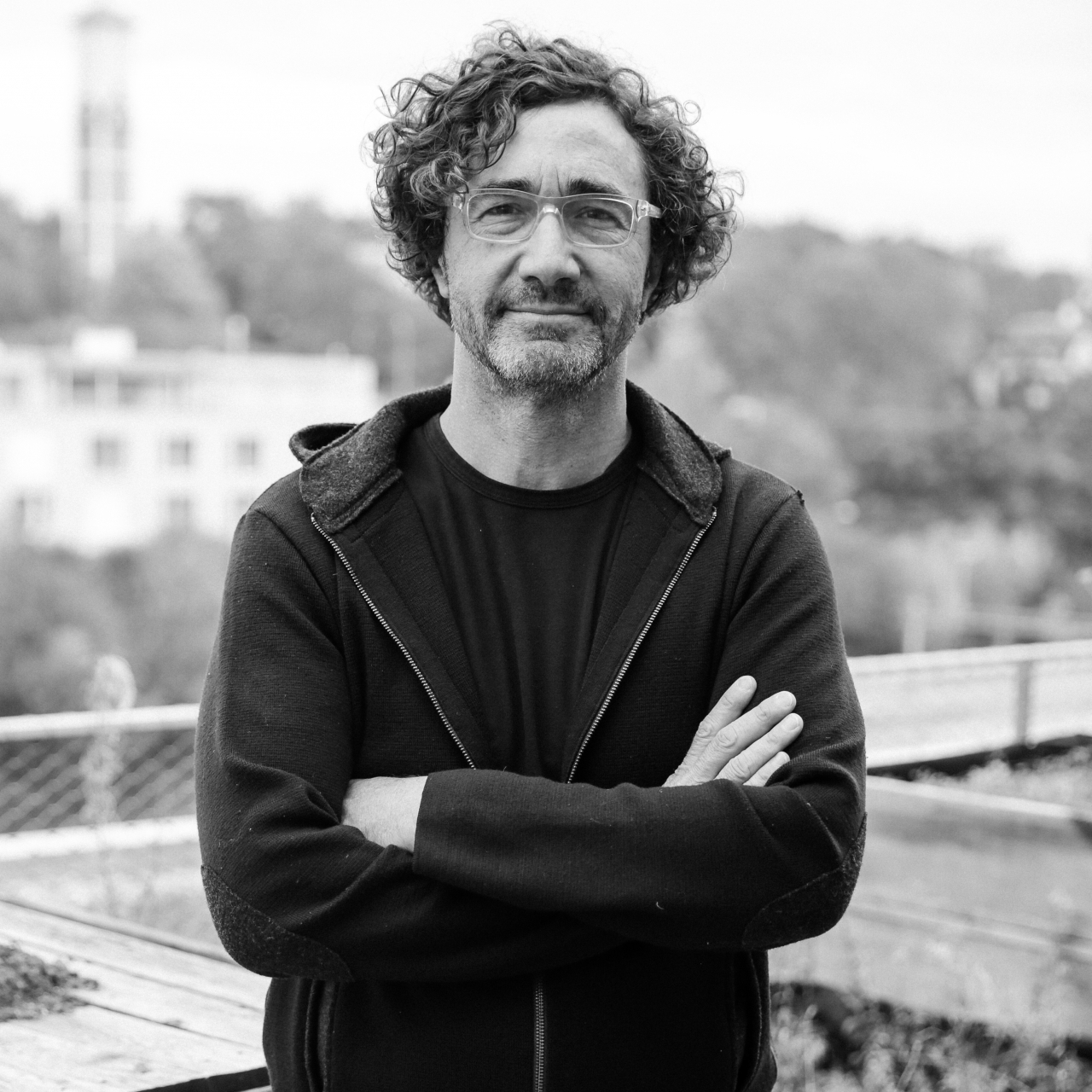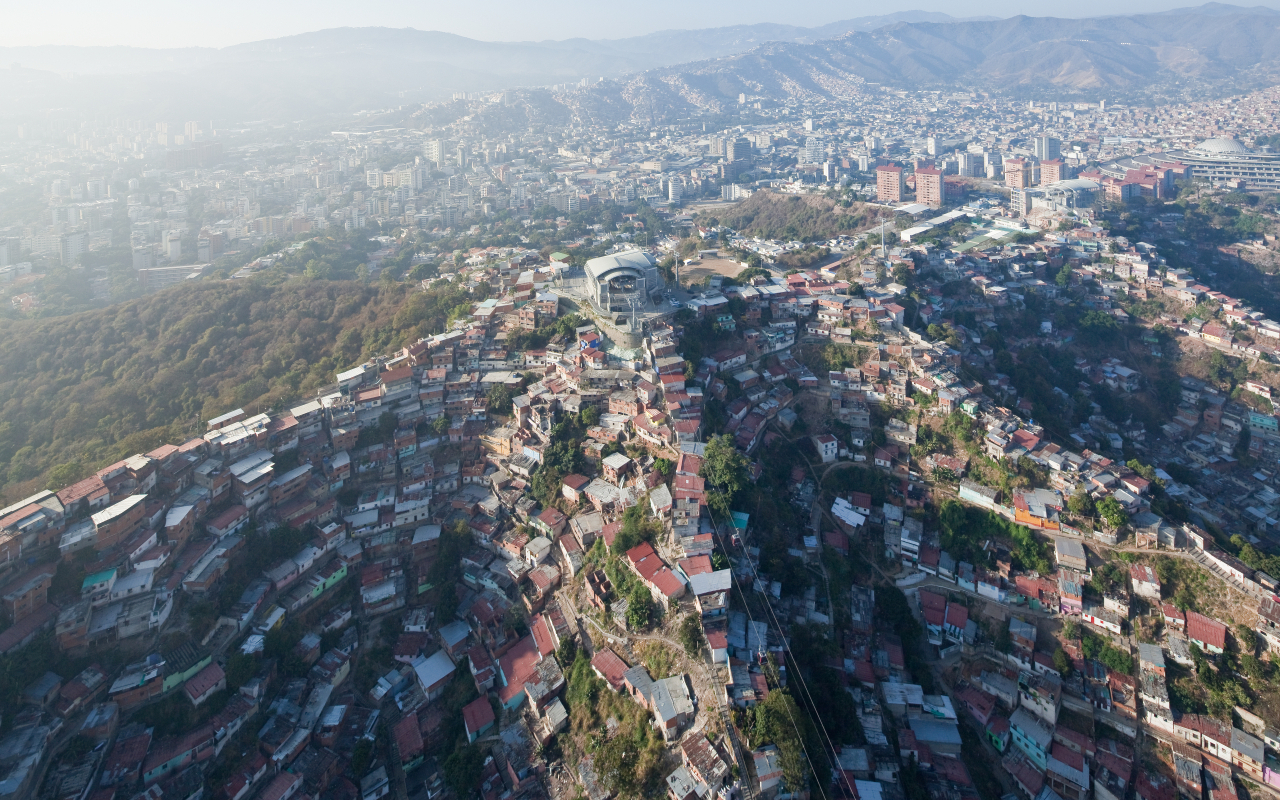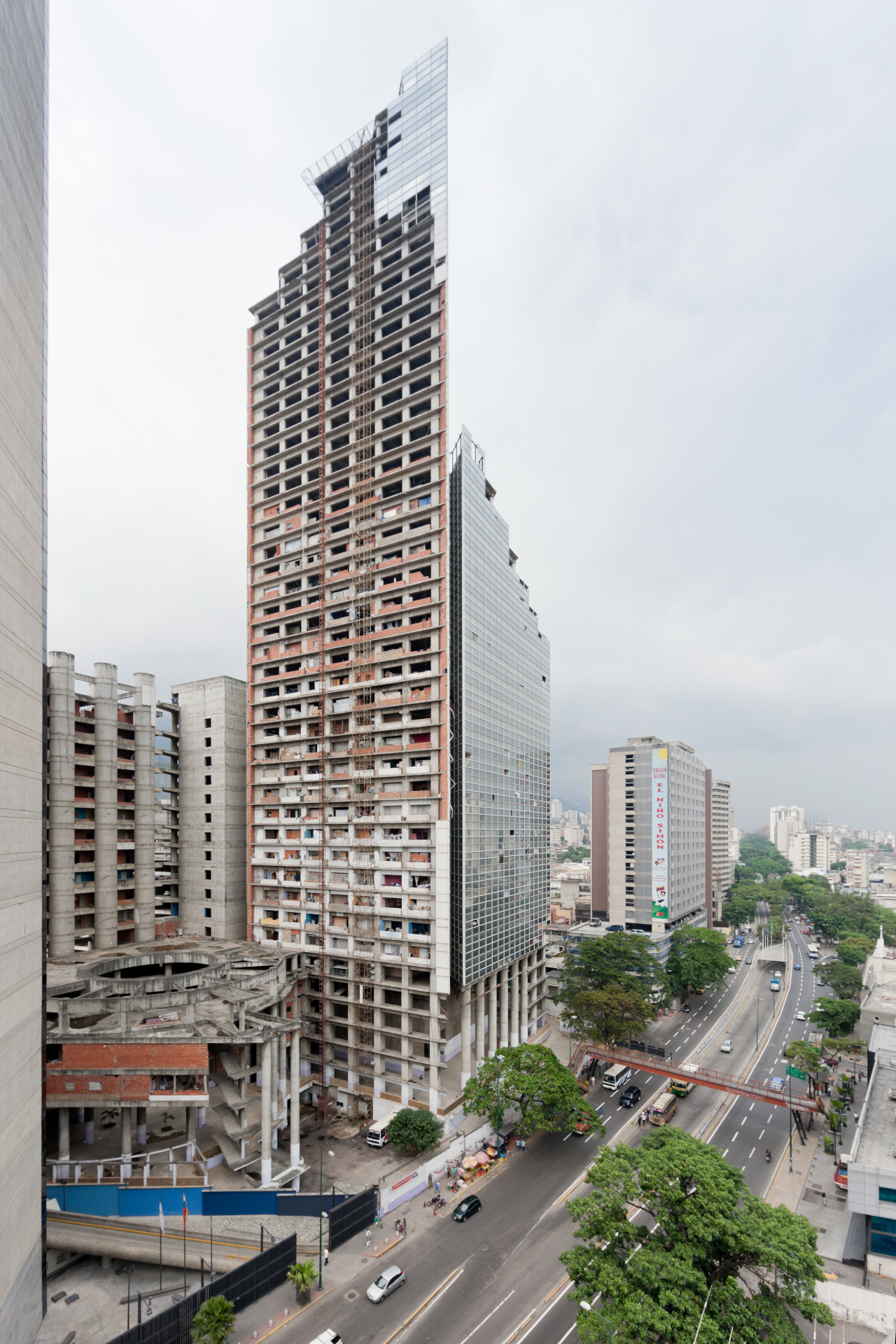[Herald Design Forum 2022] Alfredo Brillembourg envisions Seoul as ‘endless city’
'Banjihas are inadequate housing,' says architect
By Hwang Dong-heePublished : Sept. 7, 2022 - 17:36

The recent record-breaking downpour in Gangnam, which is generally recognized as a wealthy neighborhood, led to flooded roads and paralyzed urban infrastructure and brought attention to Seoul’s “banjiha” basement apartments.
Alfredo Brillembourg, a New York-based architect who founded Urban-Think Tank (U-TT), an architecture design firm, in 1998, shared his views on Seoul’s urban design and sustainability.
“The banjiha units … would be defined as ‘inadequate housing,’ according to the UN-Habitat definition,” said Brillembourg in an email interview with The Korea Herald ahead of next month’s Herald Design Forum 2022, where he will give a lecture with his colleague, Ida Lien, on his previous urban design projects.
“The key element in (housing) is that a minimum standard must be met. In the case of banjiha units, there is a lack of adequate space and limited protection against damp, heat, flooding or other issues.”

Brillembourg noted that climate change requires a different approach to city design.
“In Gangnam, (or any other dense area of Seoul), the buildings have been upgraded, but public services and infrastructure have not been invested in to ensure sustainability and resilience,” he said.
When asked about the city’s urban form from an architect's perspective, Brillembourg said Seoul was a “layered city,” as the flat space with hills became urbanized, with infrastructure such as tunnels and bridges connecting different parts of the city.
He added that Seoul is a prime example of urbanization, calling it an “endless city” at the speed and scale the capital has expanded.
“I could envision, in the future, extended mobility systems connecting hillsides with cable cars, buildings with bridges, to create a spatially multilayered linkage for people to move and live -- like in ‘Blade Runner,’” he said, referring to the sci-fi movie that depicts a dystopian future.

Similarly, Brillembourg suggested that adding another “layer” to connect buildings and service points in the air could be a viable response to flooding.
“For example, urban escalators can be deployed to move people around above the ground floor of the city. Successfully used in Hong Kong and Spain, outdoor escalators can provide mobility in topographically challenging circumstances to even the least-mobile populations,” said the architect, adding that this urbanism approach can create spatial connectivity with adjacent areas and buildings like Seoullo 7017.

Mentioning Torre David in Venezuela as an example of vertical social housing, Brillembourg said the future direction of Seoul should comprise both preservation of historic areas by adding new units to existing buildings and redevelopment.
“We need to look at the Torre David as an experiment, not as a final product. … It is as a kind of a laboratory for real-world testing of various approaches to sustainable design and operations in an informal settlement.”
Torre David is an incomplete skyscraper in Caracas, abandoned in 1994 due to the Venezuelan banking crisis, and was later occupied by squatters in 2007.
“I would love a chance to respond to the pressing needs of contemporary Seoul and design buildings for social inclusion and sustainable multicultural urban environments, as a contribution to practices of social architecture,” he said.
The Herald Design Forum 2022, with the theme “Design Universe: Beyond the Space,” will kick off in Seoul on Sept. 27.








![[KH Explains] Hyundai's full hybrid edge to pay off amid slow transition to pure EVs](http://res.heraldm.com/phpwas/restmb_idxmake.php?idx=644&simg=/content/image/2024/04/18/20240418050645_0.jpg&u=20240419100350)







![[From the Scene] Monks, Buddhists hail return of remains of Buddhas](http://res.heraldm.com/phpwas/restmb_idxmake.php?idx=652&simg=/content/image/2024/04/19/20240419050617_0.jpg&u=20240419175937)

![[KH Explains] Hyundai's full hybrid edge to pay off amid slow transition to pure EVs](http://res.heraldm.com/phpwas/restmb_idxmake.php?idx=652&simg=/content/image/2024/04/18/20240418050645_0.jpg&u=20240419100350)

![[Today’s K-pop] Illit drops debut single remix](http://res.heraldm.com/phpwas/restmb_idxmake.php?idx=642&simg=/content/image/2024/04/19/20240419050612_0.jpg&u=)